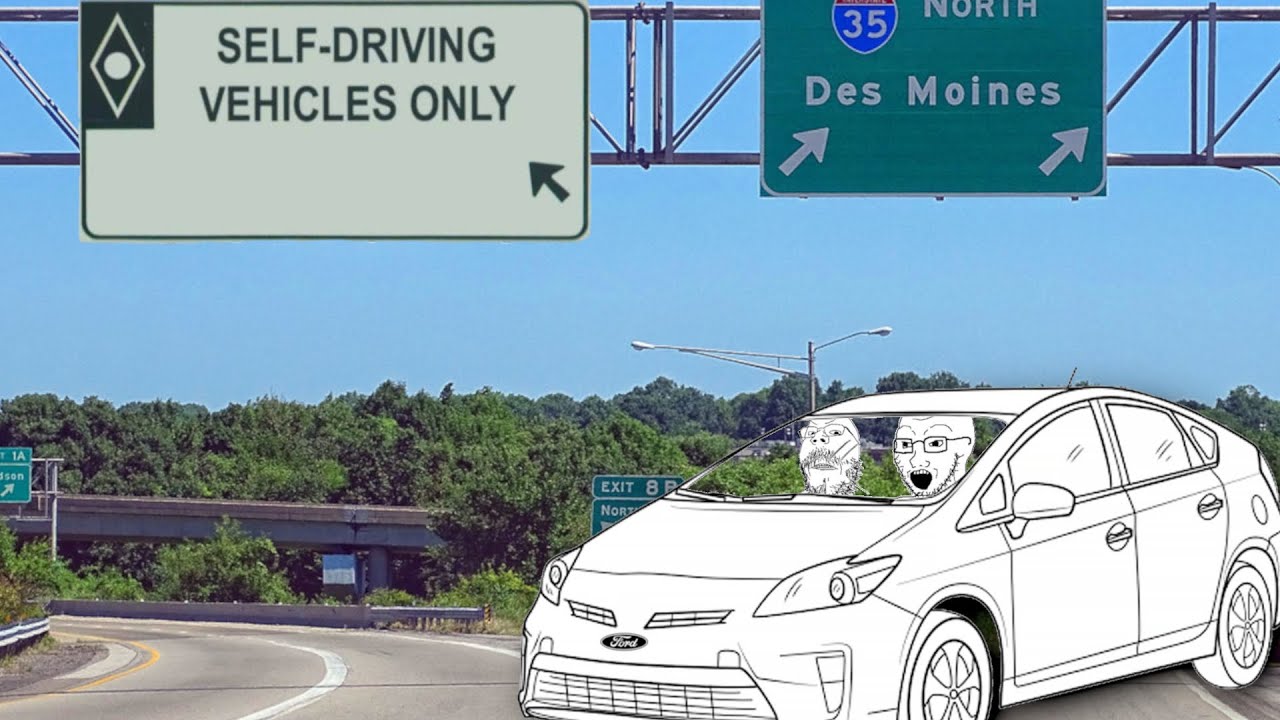The video discusses the Biden administration’s mandate for anti-drunk driving technology in vehicles by 2026, highlighting concerns about potential complications in emergencies and privacy issues related to Ford’s patent for monitoring speeding violations of nearby cars. The speaker warns that these developments may push society toward accepting fully autonomous vehicles, ultimately leading to a future where personal driving becomes obsolete.
In a recent discussion about the Biden administration’s infrastructure bill, the speaker highlights the mandate for anti-drunk driving technology in new vehicles by 2026. This technology, primarily in the form of breathalyzer interlock systems, is already used for habitual offenders and prevents a vehicle from starting unless the driver passes a breath test. However, such systems can be circumvented if a sober passenger assists a drunk driver. The speaker suggests that future implementations may include advanced features like facial recognition and neural network analysis to enhance detection of impaired driving.
While the intent behind these regulations is to reduce drunk driving incidents, the speaker raises concerns about the potential complications and delays in emergencies. They draw parallels to smart guns that require biometric authentication, arguing that these technologies could introduce dangerous situations instead of improving safety. The hypothetical scenario is presented in which a group of people attempting to escape a threat could be trapped by a malfunctioning interlock system, leading to dire consequences.
The conversation then shifts to a recent patent filed by Ford, which outlines a system for detecting and reporting speeding violations of other vehicles. This technology would allow Ford cars to monitor the speed of nearby vehicles and relay that information to law enforcement. The speaker speculates that this could lead to Ford vehicles acting as “snitch mobiles,” raising privacy concerns as automakers already collect extensive data on driving habits and locations.
The speaker suggests that Ford’s patent may be a strategic move to maintain its dominance in the law enforcement vehicle market rather than a genuine intention to implement such technology in consumer cars. They point out that law enforcement vehicles are already equipped with their own methods for tracking speed and identifying offenders. The discussion emphasizes the growing trend of data collection and monitoring in the automotive industry, which poses risks to consumer privacy.
Finally, the speaker argues that these developments may ultimately push society toward accepting fully autonomous vehicles. By making human driving increasingly inconvenient through stringent regulations and monitoring, consumers may begin to prefer self-driving cars. The speaker warns that as manual control becomes less desirable, manufacturers might stop producing vehicles with manual options altogether, leading to a future where personal driving is obsolete. This commentary serves as a cautionary reflection on the intersection of technology, privacy, and personal freedom in the automotive landscape.
